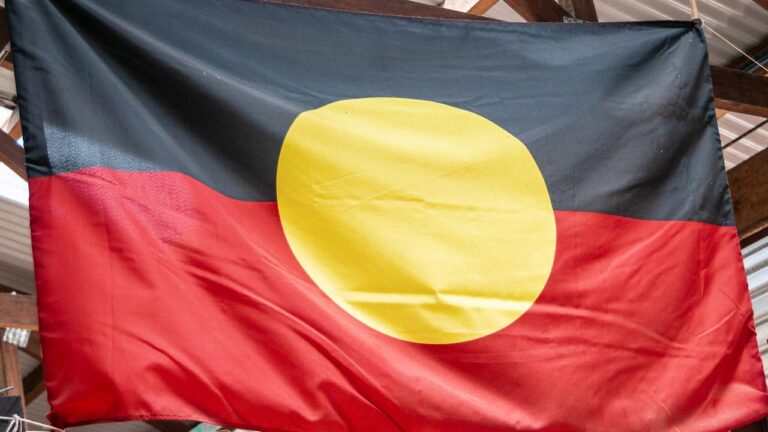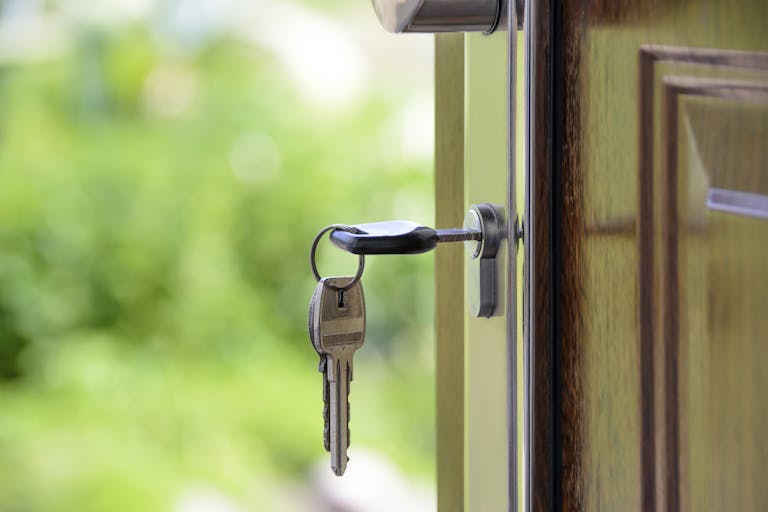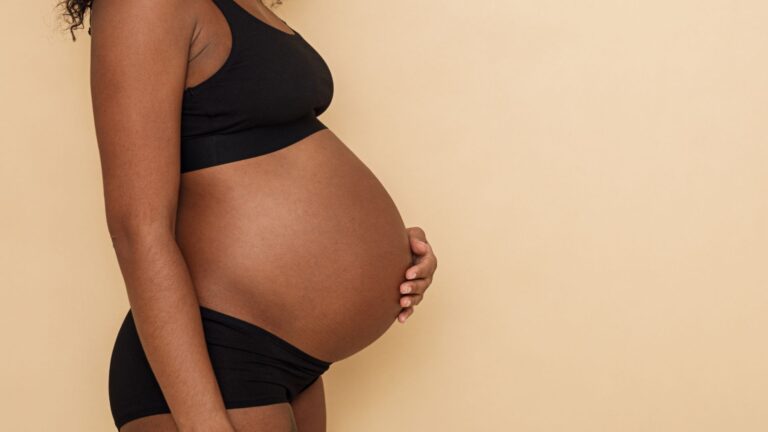Tuesday 27th of August, 2024
Victorian Legislative Council
RACHEL PAYNE (Member for South-Eastern Metropolitan): My question is for the Minister for Equality, Minister Shing. On Sunday the federal government betrayed the LGBTIQ+ community by confirming there would be no change to the topics in the next census. Following the last census the ABS was forced to acknowledge the hurt and distress caused by the exclusion of the LGBTIQ+ community. This announcement is directly at odds with Labor’s commitment to ensure that the 2026 census gathers relevant data on LGBTIQA+ Australians. We do not know how many LGBTIQ+ people there are in Australia, and thanks to this decision, we still will not. Now, I know that there are many of your colleagues in this chamber today wearing a rainbow flag, as a sign of support one must assume, so my question is: will you lobby your federal colleagues to express your disappointment in a broken promise and urge them to count us in?
HARRIET SHING (Member for Eastern Victoria – Minister for Housing, Minister for Water, Minister for Equality): Thank you, Ms Payne, for your question and for the really important advocacy that you and so many others around this chamber are providing in making sure that the presence, the challenges, the opportunities and also the gaps in systems for LGBTIQA+ people are identified, are visible and are part of the decisions underpinning resourcing and delivery of programs and supports. One of the things that I was particularly proud of was the way in which we had engaged interjurisdictionally on census questions, seeking further information about gender identity and sexuality in order to address the invisibility of our communities in relation to government decision-making. This was something which I, alongside so many others, welcomed at the time that the announcement was made. I have, following the announcement on the weekend, written to federal ministers to request reconsideration of this decision. I cannot overstate the importance of relevant and accurate data in the way in which we here in Victoria have advanced the work set out in Pride in our Future, the equality strategy 2022–32.
Reflecting the diversity of our LGBTIQA+ communities is really essential. It informs the way that we do shape services. This is where funding that we provided in 2019, for example, for the Private Lives 3 survey – $420,000 went towards that. There is the work that we continue to do on the population health survey, which is showing us that we have significant numbers of people who are identifying as LGBTIQA+ people across various parts of the state and that their needs are as much as anything based in age demographics and are based in the sorts of issues around employment participation; in homelessness and rough sleeping; in access to equal pay, terms and conditions; in the right to live freely and equally; and in having access to services, whether that is gender-affirming care or whether that is pride in ageing. So I will continue to advocate for improved data collection here in Victoria.
We have worked really, really hard, beginning under Australia’s first equality minister Martin Foley and continuing now with our third commissioner for LGBTIQA+ communities Joe Ball, who was announced last week. Joe has been a fearless advocate for better data collection, having had a background in statistics. I am looking forward to continuing to partner with him and indeed working across our communities about understanding where and how within the equality space these needs arise but then also in a more mainstream setting as far as other portfolios – mental health, health services, the work that we need to do across education and across employment. I will continue to make sure that the work that underpins Private Lives 3 and other work goes on, and I will do that hopefully with the support of communities across the state.
RACHEL PAYNE (Member for South-Eastern Metropolitan): Thank you, Minister Shing, for your response. By way of supplementary, without this data how are the Victorian government going to ensure that they effectively target government services and policies relating to LGBTIQ+ communities? I do acknowledge that you have touched on a lot of that in your previous response, but I think the majority of stakeholders who are reaching out to me just want some assurance in that space.
HARRIET SHING (Member for Eastern Victoria – Minister for Housing, Minister for Water, Minister for Equality): Thank you, Ms Payne, for that supplementary. We have, as I was saying earlier, worked really tirelessly to improve data collection across the various parts of government to ensure that supports for LGBTIQA+ people are fit for purpose. That includes those recently introduced requirements for mandatory reporting within Victorian hospital settings on sex and gender. The Victorian coroner has begun to report on the data and LGBTIQA+ involvement and representation in situations of death involving reporting and analysis by the coroner. In 2023 the Victorian population health survey showed that 11.1 per cent of Victorians identified as LGBTIQA+, and this is likely an under-representation which is again due as much as anything to the antiquated systems within which we are operating. Again, I would really like to see a joined-up national approach to the collection and therefore analysis of data, and I look forward to that work continuing.
Related Resources
> LGBTIQA+ Equality – Rachel Payne
> Pride in Place Funding for LGBTIQA+ homelessness services – Rachel Payne
> Greater Dandenong LGBTIQA+ Advisory Committee – Rachel Payne
> LGBTIQA+ Equality – Rachel Payne
> Concerns about anti-LGBTIQ+ hate speech in the South East – Rachel Payne




